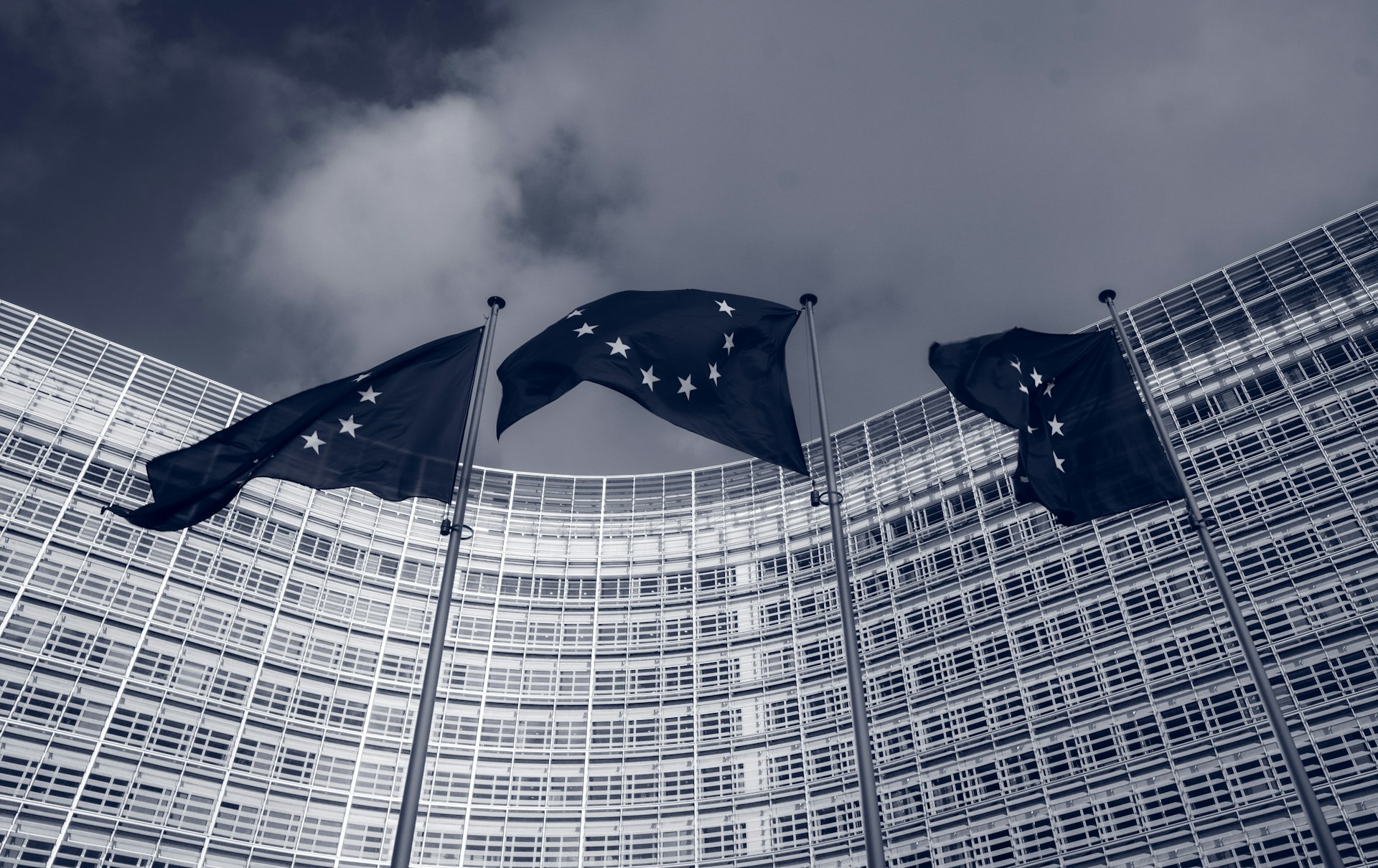The atmosphere in the small meeting room couldn’t have been more different from the main conference floor. Italian MEP Ylenia Lucaselli sat down across from me, composed and thoughtful, her words in sharp contrast to the heated discussions echoing elsewhere at the ECR summit. This wasn’t about slogans or applause lines—it was about the bigger picture.
Lucaselli wasted no time outlining what she sees as the crux of Europe’s immigration challenge. “Europe’s approach has been too soft, too unclear,” she began, leaning forward slightly. “For years, the EU just wasn’t ready to address this issue at the scale we’re seeing now.” As an Italian representative, her frustration felt personal—her country, after all, sits at the gateway of the Mediterranean, where waves of migrants arrive and then disperse across the continent.
She spoke frankly about the reality facing Italy. While many of these new arrivals first touch Italian soil, they rarely stay put. “People might land in Sicily, but eventually, they move on—Germany, France, anywhere the roads lead,” she said. “Everyone’s affected, yet it often falls to Italy to deal with the initial influx. It’s not fair, and it’s not sustainable.”
Lucaselli praised Prime Minister Giorgia Meloni’s approach as a necessary departure from the old way of doing things. “It’s not about refusing people who need help,” she said, hands open as if to show she’s not hiding anything. “It’s about ensuring we have a system that’s fair and honest. A system that doesn’t just say ‘everyone can come’ without any plan, but rather one that looks at who’s arriving, why they’re arriving, and whether there’s a realistic place for them in our societies.”
She broke down the problem into two paths: legal and illegal migration. Legal, she argued, can benefit everyone. Skilled workers moving to fill gaps in Europe’s labor markets is something the continent actually needs. “But we have to be clear about the numbers,” she insisted. “If a country can support a certain number of new workers, that’s fine—but this must be planned and shared across Europe, not just dumped on border states like Italy.”
Illegal migration, though, is another story. Lucaselli was passionate on this point. “We need strong agreements with the countries of origin,” she said, citing Italy’s deal with Albania as a model. By ensuring that people who try to enter illegally have no guarantee of setting foot permanently on European soil, you discourage desperate and dangerous journeys. “If they know the outcome isn’t certain, they won’t risk their lives on a boat,” she explained. “That deal with Albania—where we can relocate people and process their cases in a controlled manner—has started changing the dynamics. It’s not perfect, but it’s a start.”
She also touched on the maritime aspect of migration. For years, NGOs and private vessels have rescued people in the Mediterranean and then ferried them straight to Italy. Lucaselli doesn’t oppose saving lives—on the contrary, she argued that’s a moral obligation. But she does want clarity on who takes responsibility after that initial rescue. “If a ship sails under another nation’s flag, why shouldn’t that nation share in hosting those rescued?” She spoke of recent laws that make it clearer: saving lives isn’t the issue; the problem is a system that puts all the burden on one country at the end of the day.
Throughout our talk, Lucaselli insisted that Europe must acknowledge immigration is a permanent feature of the modern world. People will always move. The trick is managing it sensibly, ensuring newcomers are integrated properly—learning the language, understanding the culture—so that they become contributing members of their new homes. “When it’s about genuine work opportunities and long-term integration, everybody wins,” she said. “But if we pretend everyone arriving is just going to fit in without any effort on either side, we’re setting ourselves up for problems.”
She sees progress on the horizon. Recent meetings between Prime Minister Meloni, European Commission President Ursula von der Leyen, and other key leaders suggest that maybe, finally, Europe is waking up. The old ideological stance—simply welcoming everyone without question—is losing ground. In its place, Lucaselli hopes to see a more practical, results-driven approach.
Before we wrapped up, I asked her if she truly believes the EU will follow Italy’s lead. Her eyes narrowed thoughtfully. “I think they have to,” she said quietly. “Because what’s the alternative? Pretend it’s not happening? Keep pushing one country to handle everything alone? Sooner or later, everyone realizes that we can’t go on like this. And Italy—through Meloni’s policies—may well have shown the rest of Europe a better path forward.”
She concluded the interview with a strong message. “We must protect lives, yes,” she said in parting. “But we must also protect the integrity of our nations. If we find the balance, we’ll have a stronger Europe—not weaker.”
